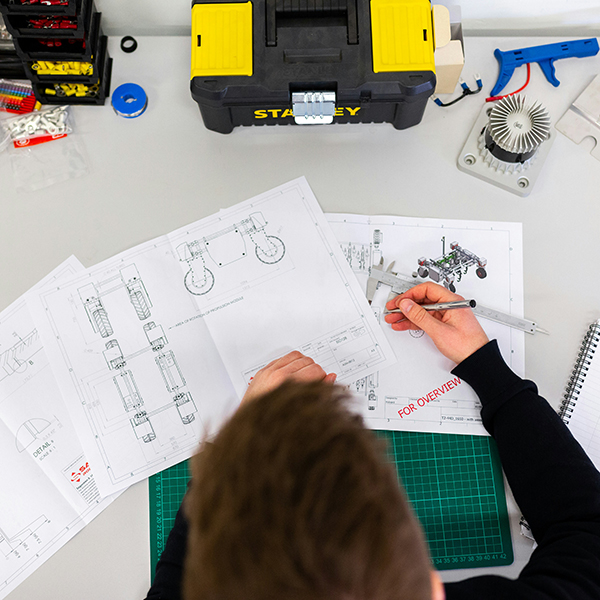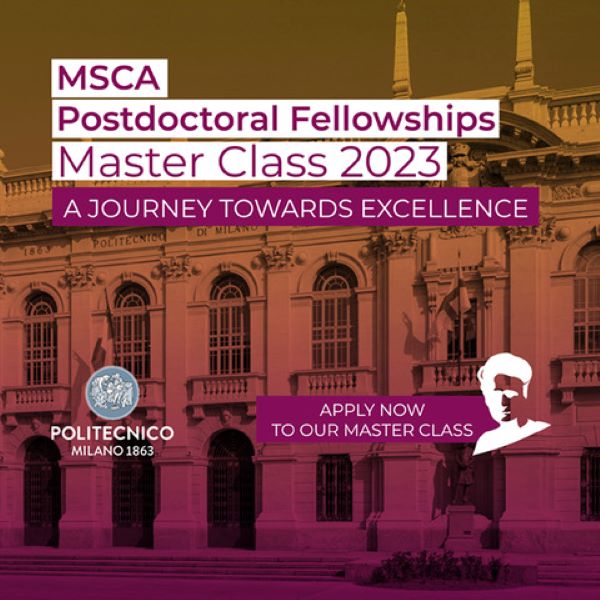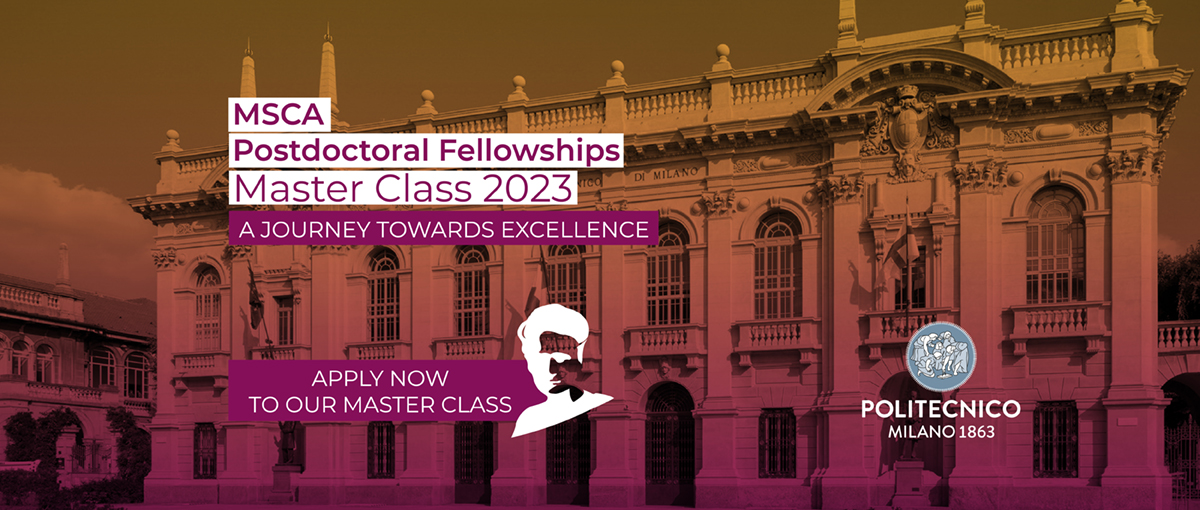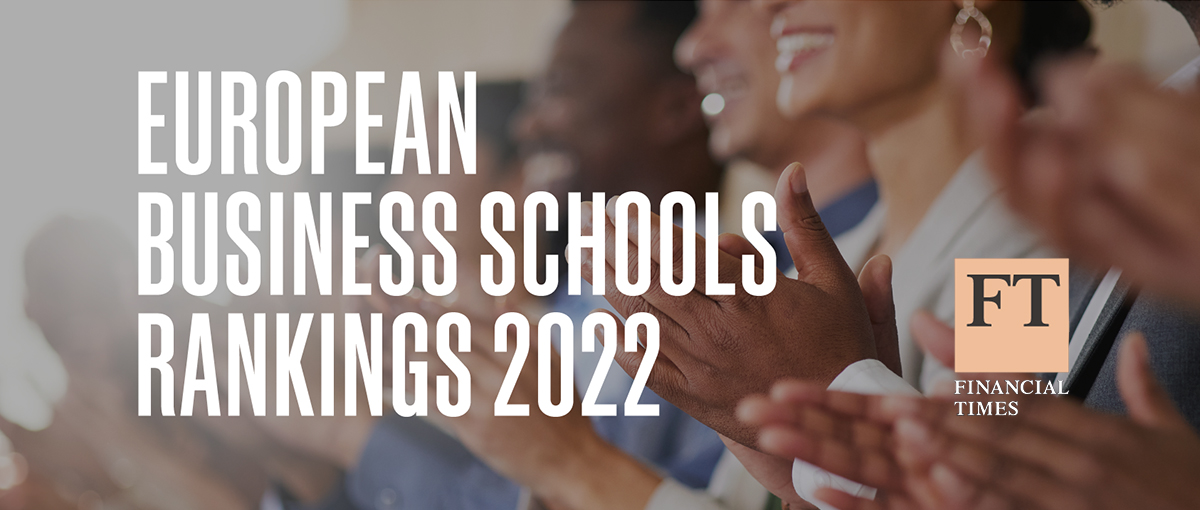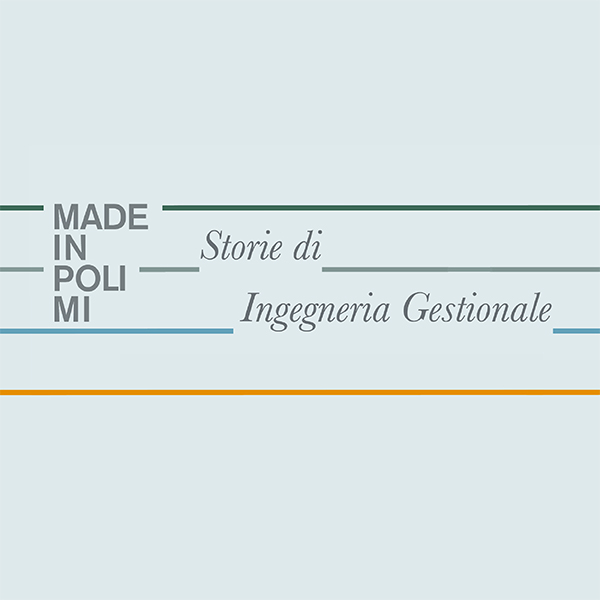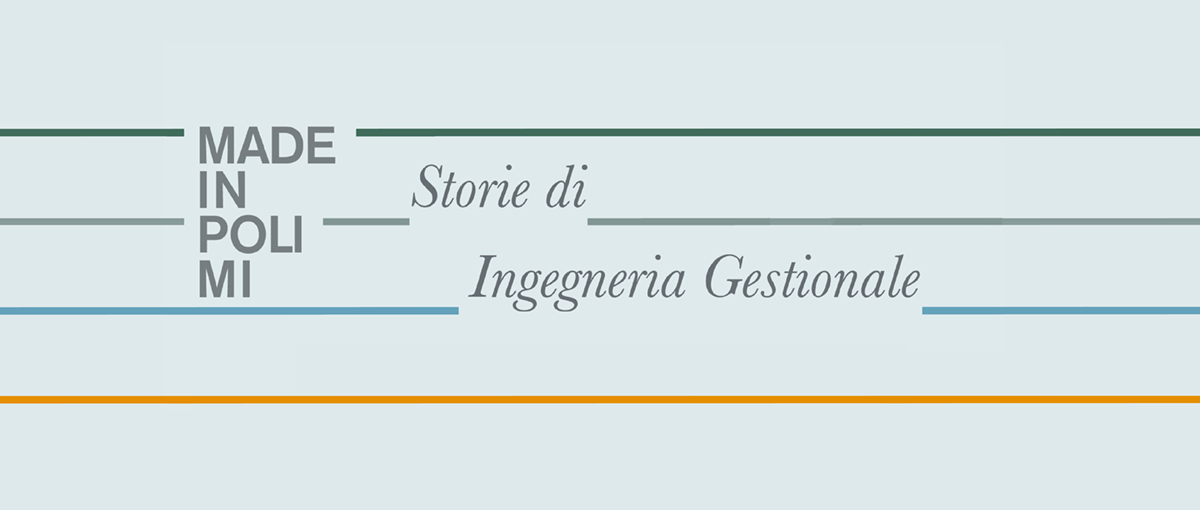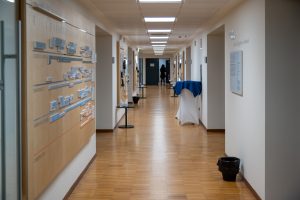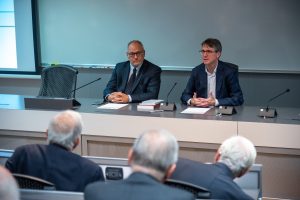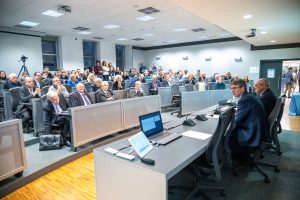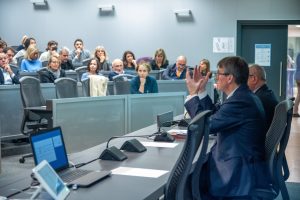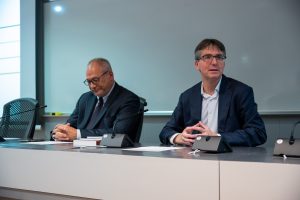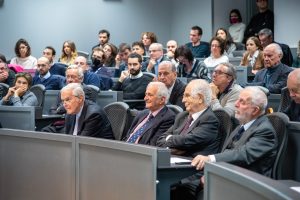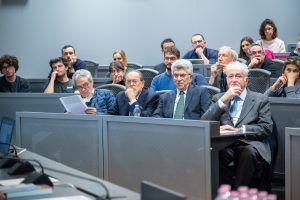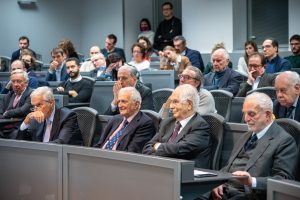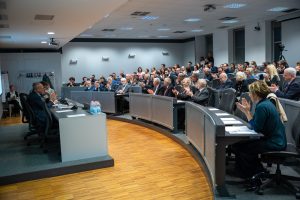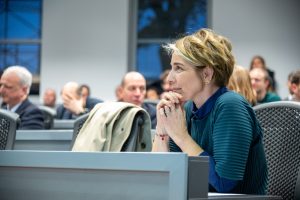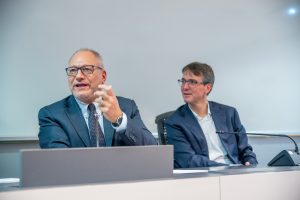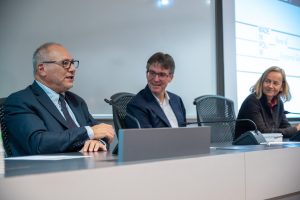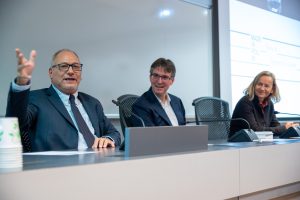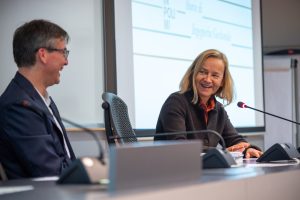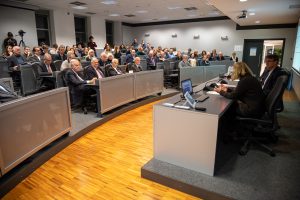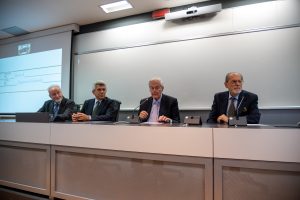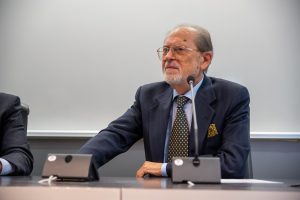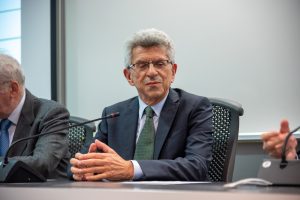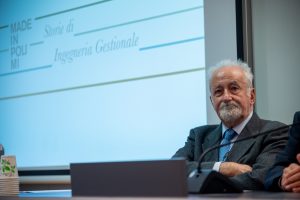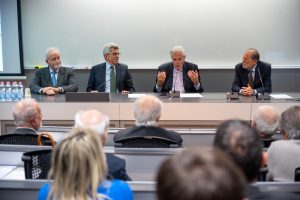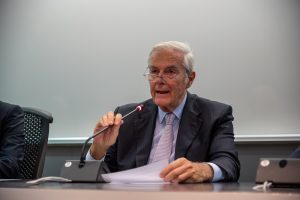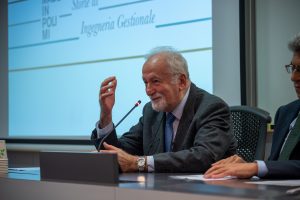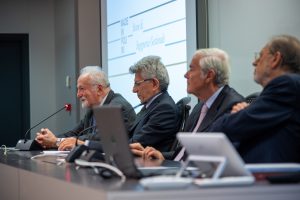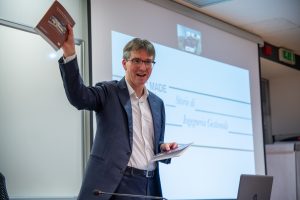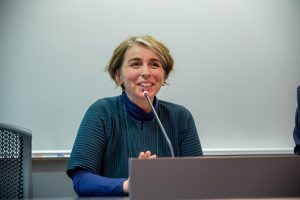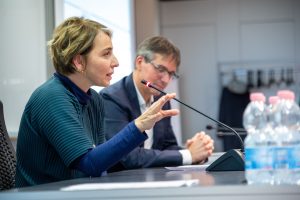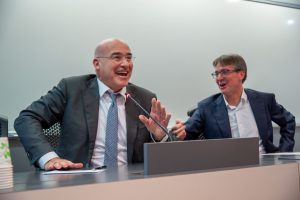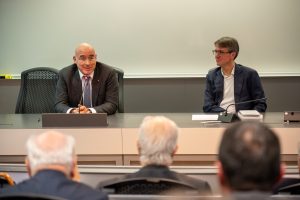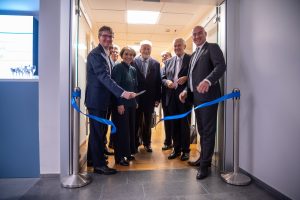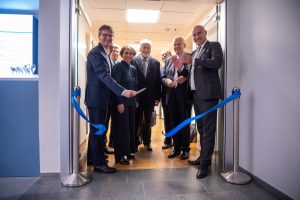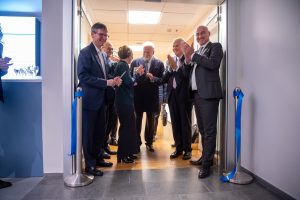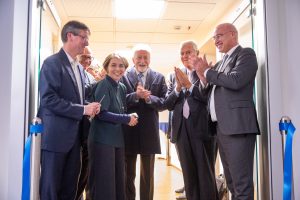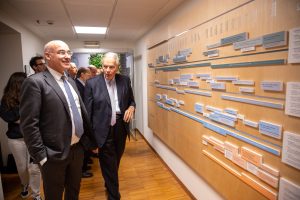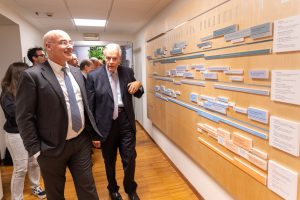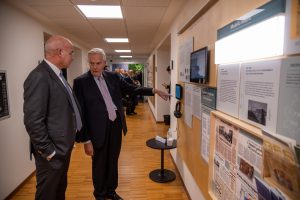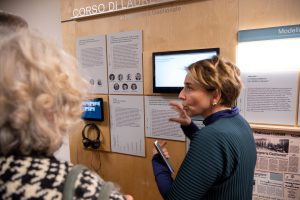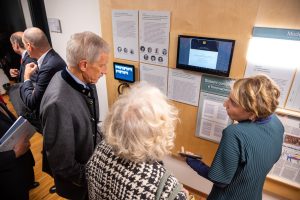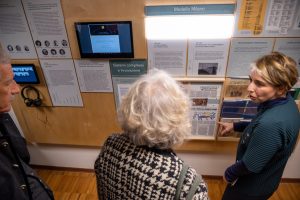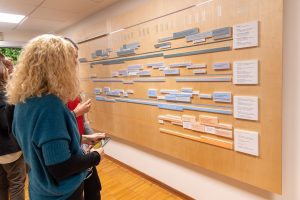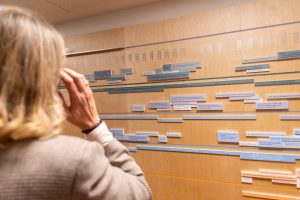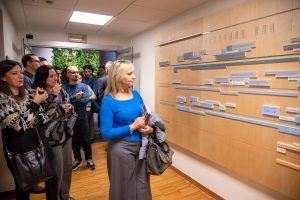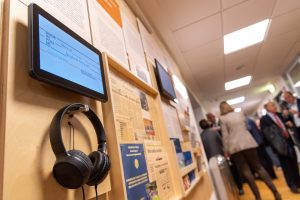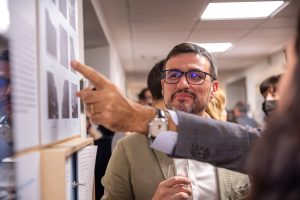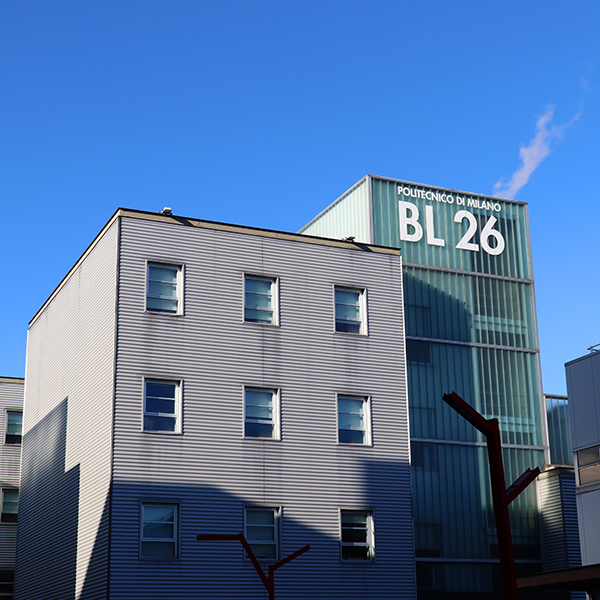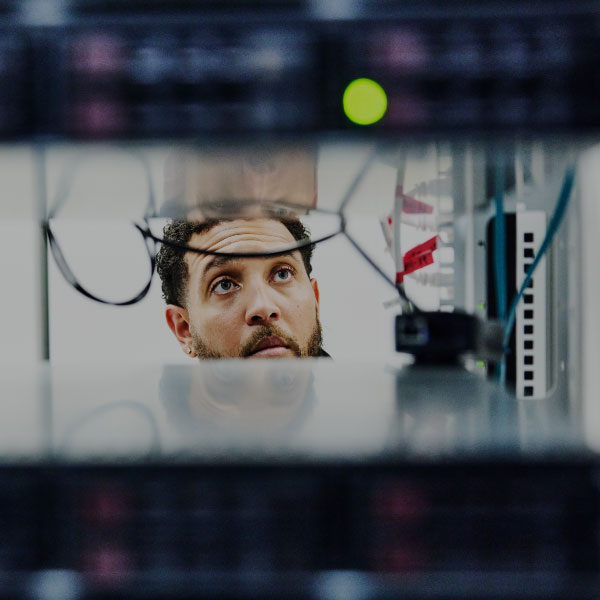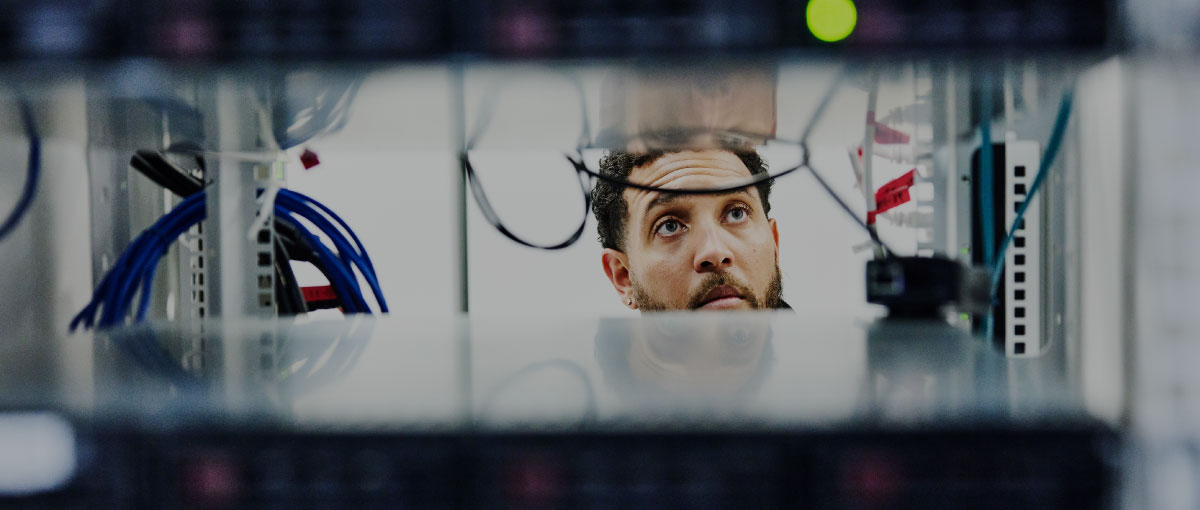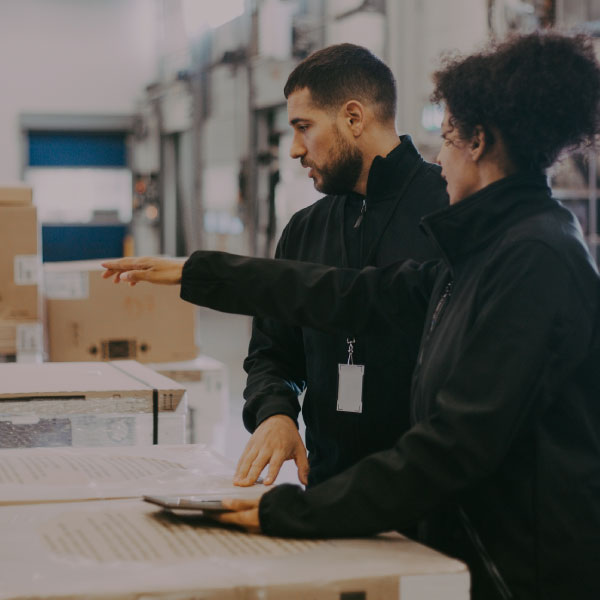Politecnico di Milano is pleased to announce a call for 18 PhD positions in Management Engineering. These PhD grants include a full waiver of tuition and fees. The call is part is part of the 1st Additional Call 40th cycle with starting date September/November 2024.
Program Overview
The PhD Program in Management Engineering (DRIG) offers advanced training and preparation for conducting research in management, economics, and industrial engineering. The program aims to train professionals capable of conducting high-quality research in these fields at universities or research institutions. Graduates are also well-prepared for professional careers in manufacturing and service companies, regulatory authorities, and other public bodies.
Key Benefits
- Full tuition and fees waiver for fully funded positions
- Comprehensive training in research methodologies and multidisciplinary knowledge
- Access to courses that provide diverse perspectives, theories, and approaches
- Innovative study of problems using various analytical approaches
- Strong emphasis on research and scientific cooperation with academic institutions and major industrial companies
Program Highlights
- Certified as an Innovative, International, Interdisciplinary, and Inter-Sectorial Doctoral Course by the Italian Ministry of Education, University, and Research
- Highly international environment
- Graduates are esteemed in academia, government institutions, and industry
How to Apply
For more information and to apply, please visit:
Application Deadline: 1st July 2024
List of scholarships
- 1 position with scholarship [ADDITIONAL call] [id: 4324-3764]
Research topic: ARTIFICIAL INTELLIGENCE IMPACTS ON ORGANIZATIONAL REALITIES: CO-CONSTITUTION AND CO-EVOLUTION
Starting date: 01/11/2024
additional call
topics - 1 position with scholarship [ADDITIONAL call] [id: 4328-3763]
Research topic: ARTIFICIAL INTELLIGENCE TO PURSUE SUSTAINABILITY AND RESILIENCE
Starting date: 01/11/2024
additional call
topics - 1 position with scholarship [ADDITIONAL call] [id: 4330-3762]
Research topic: BUILDING INDUSTRIAL RESILIENCE IN THE FACE OF MATERIAL CRITICALITY
Starting date: 01/11/2024
additional call
topics - 1 position with scholarship [ADDITIONAL call] [id: 4331-3761]
Research topic: CIRCULAR AND SUSTAINABLE AUTOMOTIVE AND MASS ELECTRONICS VALUE CHAINS THROUGH ADVANCED DIGITAL TECHNOLOGIES
Starting date: 01/11/2024
additional call
topics - 1 position with scholarship [ADDITIONAL call] [id: 4332-3760]
Research topic: CIRCULAR ECONOMY AND MANUFACTURING EDUCATION: CHALLENGES AND APPROACHES
Starting date: 01/11/2024
additional call
topics - 1 position with scholarship [ADDITIONAL call] [id: 4334-3759]
Research topic: DEATH SENTENCE OR NEW LIFE? HOW TO MANAGE STARTUP-CORPORATE RELATIONSHIP IN THE DIGITAL ERA
Starting date: 01/11/2024
additional call
topics - 1 position with scholarship [ADDITIONAL call] [id: 4342-3758]
Research topic: FINANCING THE SUSTAINABLE DIGITAL TRANSITION OF INDUSTRIAL AND ENTREPRENEURIAL SYSTEMS
Starting date: 12/09/2024
additional call
topics - 1 position with scholarship [ADDITIONAL call] [id: 4343-3756]
Research topic: HOW DOES GENDER RELATE TO INNOVATION?
Starting date: 01/11/2024
additional call
topics - 1 position with scholarship [ADDITIONAL call] [id: 4344-3751]
Research topic: HUMAN-CENTRIC OPERATIONS AND WAREHOUSE MANAGEMENT – COGNITIVE AND ERGONOMICS ANALYSES BASED ON HR THEORY ADVANCEMENT
Starting date: 01/11/2024
additional call
topics - 1 position with scholarship [ADDITIONAL call] [id: 4345-3757]
Research topic: HUMAN-MACHINE INTERACTION IN PRODUCTION AND LOGISTICS FOR SMART AND SUSTAINABLE MANUFACTURING
Starting date: 01/11/2024
additional call
topics - 1 position with scholarship [ADDITIONAL call] [id: 4346-3765]
Research topic: LEADERSHIP AND CHANGE MANAGEMENT FOR INDUSTRY 5.0
Starting date: 01/11/2024
additional call
topics - 1 position with scholarship [INTERDISCIPLINARY call] [id: 4348-3752]
Research topic: MODULARITY AS ENABLER OF EFFICIENCY, CIRCULARITY AND INCLUSIVITY IN RESIDENTIAL BUILDINGS
Starting date: 12/09/2024
additional call
topics - 1 position with scholarship [ADDITIONAL call] [id: 4349-3755]
Research topic: PEOPLE-CENTRIC, SUSTAINABLE AND RESILIENT MANUFACTURING
Starting date: 01/11/2024
additional call
topics - 1 position with scholarship [ADDITIONAL call] [id: 4350-3754]
Research topic: THE ROLE OF ARTIFICIAL INTELLIGENCE IN LEADING INNOVATIONS AIMED AT FACING GRAND CHALLENGES
Starting date: 01/11/2024
additional call
topics - 1 position with scholarship [ADDITIONAL call] [id: 4351-3753]
Research topic: THE ROLE OF ARTIFICIAL INTELLIGENCE IN THE STRATEGIC RECONFIGURATION CHOICES OF MULTINATIONAL ENTERPRISES (MNES)
Starting date: 01/11/2024
additional call
topics - 1 position with scholarship [ADDITIONAL call] [id: 4352-3766]
Research topic: THE UTILITY FUNCTION OF SOCIETAL AND ENVIRONMENTAL IMPACT IN THE FINANCIAL SECTOR: COGNITIVE ELEMENTS AND AI TOOLS FOR SELECTING IMPACT INVESTMENTS
Starting date: 01/11/2024
additional call
topics - 1 position with scholarship [INTERDISCIPLINARY call] [id: 4458-3750]
Research topic: DESIGN LEADERSHIP: DEFINING A NEW LEADERSHIP BREED FOR OUR FAST CHANGING WORLD
Starting date: 01/11/2024
additional call
topics - 1 position with scholarship [ADDITIONAL call] [id: 4459-3749]
Research topic: FINTECH AND INSURTECH
Starting date: 12/09/2024
additional call
topics
